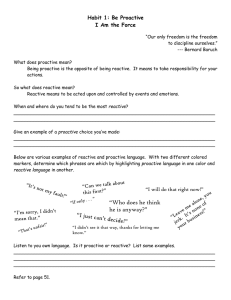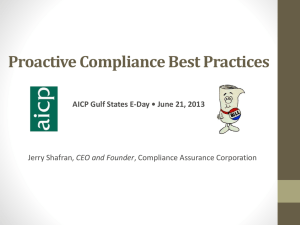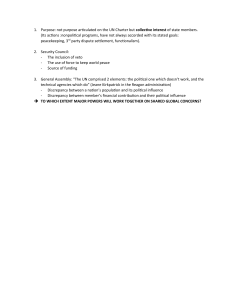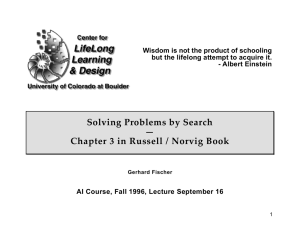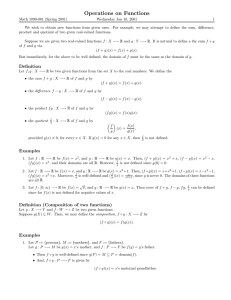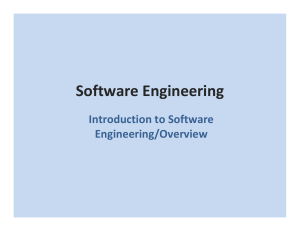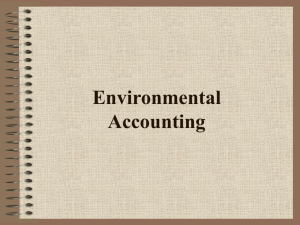Interpersonal Problem Solving
advertisement
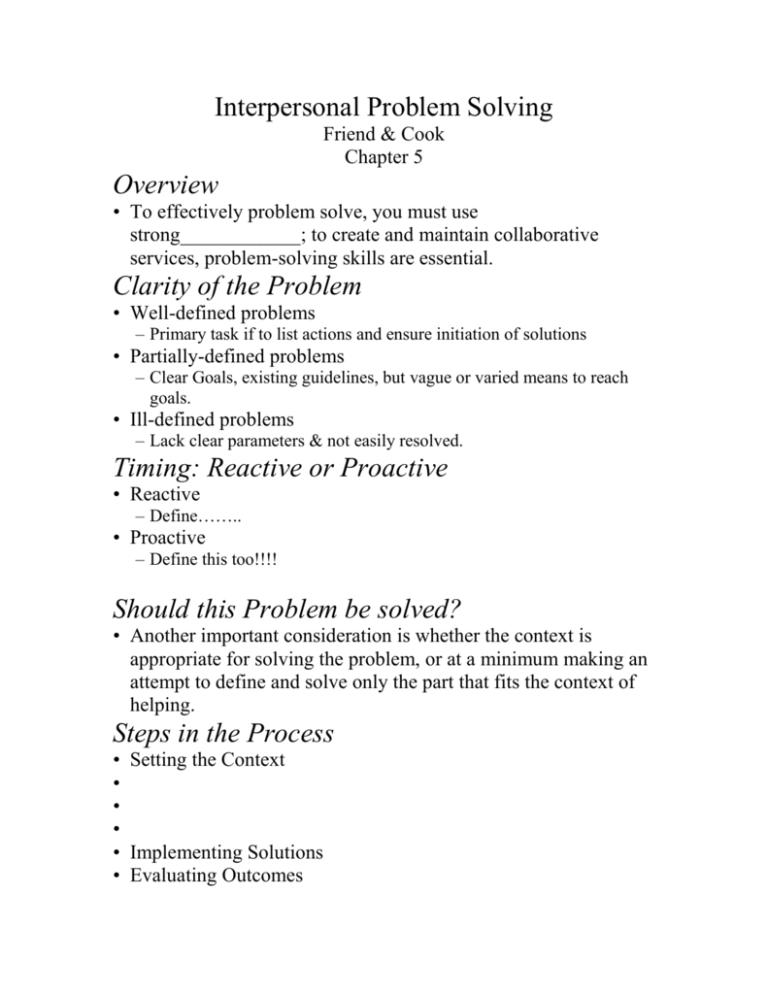
Interpersonal Problem Solving Friend & Cook Chapter 5 Overview • To effectively problem solve, you must use strong____________; to create and maintain collaborative services, problem-solving skills are essential. Clarity of the Problem • Well-defined problems – Primary task if to list actions and ensure initiation of solutions • Partially-defined problems – Clear Goals, existing guidelines, but vague or varied means to reach goals. • Ill-defined problems – Lack clear parameters & not easily resolved. Timing: Reactive or Proactive • Reactive – Define…….. • Proactive – Define this too!!!! Should this Problem be solved? • Another important consideration is whether the context is appropriate for solving the problem, or at a minimum making an attempt to define and solve only the part that fits the context of helping. Steps in the Process • Setting the Context • • • • Implementing Solutions • Evaluating Outcomes Characteristics of Well-Defined Problems • Identifiable Discrepancy Exists Between Current & Desired Situation – Know the gap between now and hoped for ending • • Participants Agree on Factors that Influence Discrepancy Suggestions for Identifying the Problem • • Many possibilities lead to best options given person, place, time, and needs. Brainstorming • Interactive problem solving process during which one generates an many potential solutions as possible without stopping to judge feasibility or probability of any ideas success or failure. Chaining . Brainwriting • Participants individually write lists of potential solutions, then exchange.share lists with other team members to generate/stimulate discussion. Nominal Group Technique • Individuals privately generate list of potentials, then a composite list made up of all alternatives is recorded and displayed. A discussion of the alternative ensues and links are made between items to reduce data. Individuals are then requested to pick their top five or ten items and rank order them in importance. This data is collected and consensus drawn from that information.
